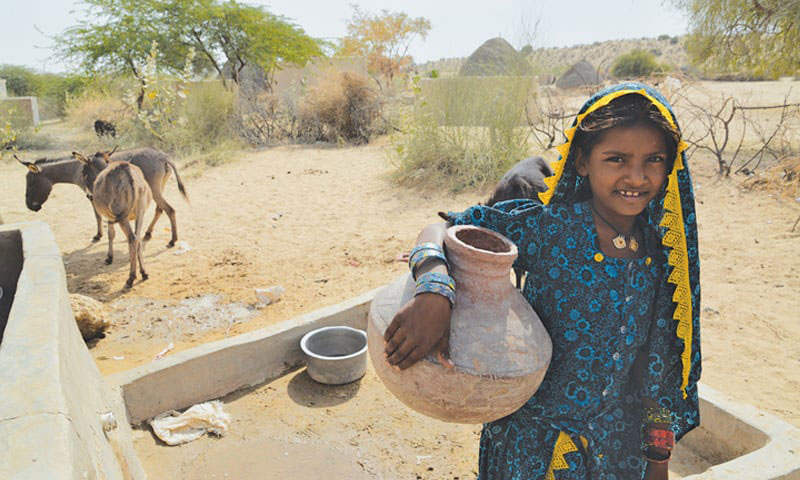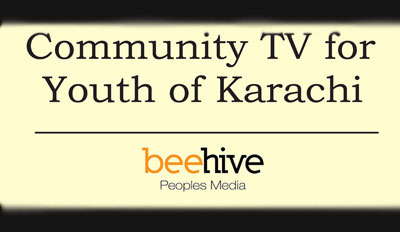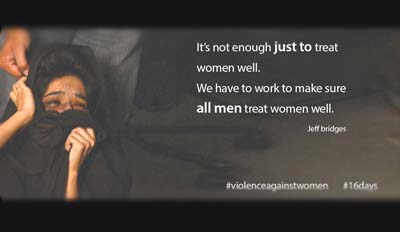When justice eludes the vulnerable
By FT Correspondent
30 April 2016
KARACHI: “She was gang-raped continuously by four men for almost a week, before dumping her on the road to her village.” Kumar, a social worker in Karachi associated with a charity, said with a heavy, emotional voice. The calm, soft glow on his wrinkled face betrayed the anger and frustration that ate him up for the state’s inability to provide justice.The person Kumar referred to is Kiran, a woman of 23 years of age, whose name is changed to protect her identity. Back in 2008, at the age of 15, she was of interest to a man 20 years her age, whose father is an influential landlord in the district Thar of Sindh. Kiran’s father worked for the landlord, and when her admirer laid his first glance at Kiran, he propositioned her. Her firm refusals led him and three of his friends to abduct and rape her to “teach her a lesson”, according to Kumar.
Even though she survived the ordeal and mustered the courage to come to Karachi and get the help to lodge a case, the police dismissed her efforts each time. “Even after eight years of trying, the police have yet to lodge a case against the men. Worse still, we have used considerable resources to trace the culprits, but to no avail,” Kumar mentioned.
When one calls Pakistan by its moniker of the ‘Land of the Pure’, it immediately becomes an anomaly when examining its history and track record of protecting its most vulnerable citizens. Every data compiled on its human rights record will reveal religious persecution, extrajudicial killings and degrading treatment of its minorities, be they Christians, Hindus or the Ahmadiyya community.
The Bheel community is among the most economically and socially depraved group of Pakistanis, practicing Hinduism. Yet, going back in history, one would be surprised to know that it is the name of Adivasi, Warrior and King tribes. Further, they were widely considered the greatest archers in the world in their heyday. Their status as among the richest Hindus in the Subcontinent – they were landowners and ruled their own kingdoms – are a far cry from their present conditions in Sindh, which is home to almost all Bheels in the country.
The biggest threat to them is the forced conversion of their girls to Islam, to marry them off to powerful men of the land-owning class.
A prominent case highlighting the plight of the community is that of the nine members of Mano Bheel’s family being abducted in 1998 by their local landlord, Abdul Rehman Marri, from a farm in Jhudo, district Mirpurkhas. After repeated failures by the police to recover Mano’s family, [including his parents, wife and four children] the former Chief Justice Iftikhar Chaudhry finally took suo motu of the incident in 2006. But, it has been 10 years since then, and the district and sessions court still hasn’t reached a verdict in Mano’s favor. His family still hasn’t been recovered.








